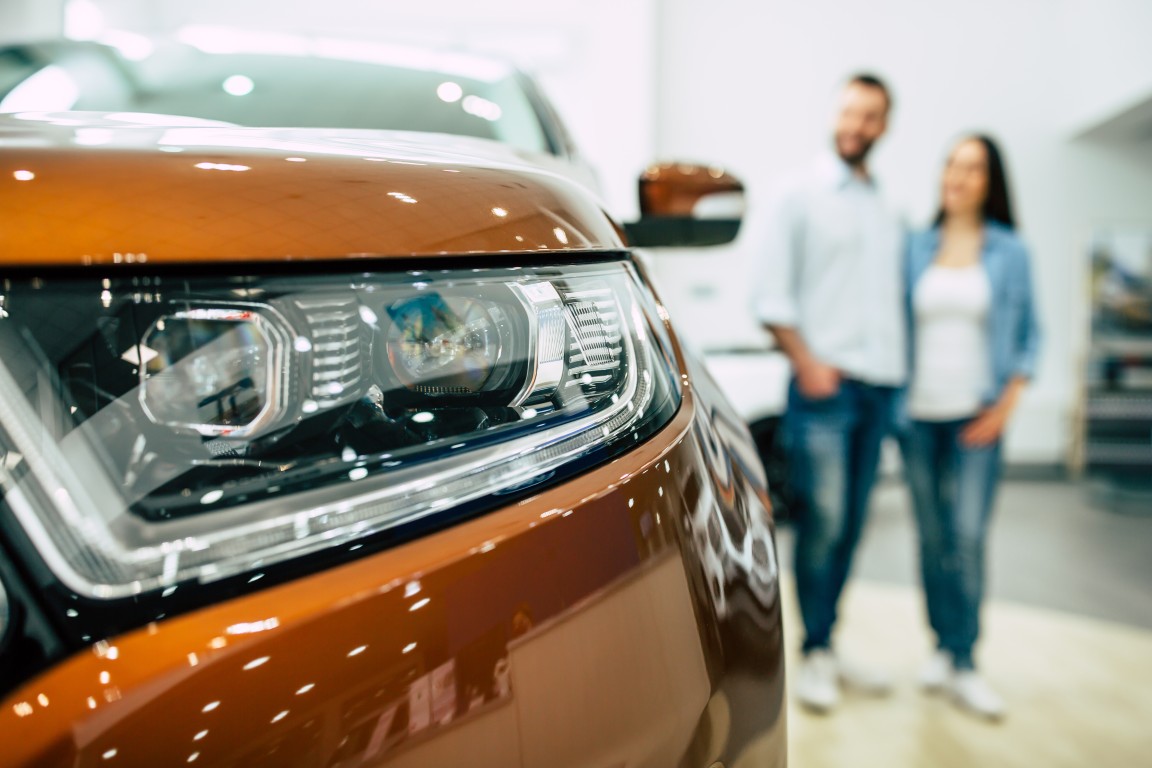Car Buying: Tips to Help You Save Hundreds or even Thousands on Your Next Car
Take these steps now to secure a good financial deal

You can save hundreds or even thousands of dollars when buying your next new car by obtaining an attractive financial loan even before you choose the car you want to buy. Once you have secured the deal you will be better armed to negotiate your car purchase successfully.
So much so that it is a good idea to hold off buying a new car for months or even a year if necessary until you have boosted your financial standing. The savings you achieve will be well worth the wait.
Read More »Pay off your current loan
If you have an existing car loan you should avoid obtaining a loan on a new car until you have paid off the loan you have now.
Dealers will offer to pay off the loan, but they will add the existing balance on your new loan to your new car’s financing. The result is that you will be paying two loans and two sets of interest at once. You also likely will be upside down on your new loan, placing you in financial jeopardy should something happen to your new car.
Find out your credit score
When you apply for a loan, the financial institution will obtain your credit report as a basis for deciding how much to lend you and at what interest rate. Be prepared and know your score in advance.
Most financial institutions today will readily provide you with your credit score for free. Some even will send it to you regularly by email.
If you are unhappy for any reason with the credit rating, you might want to double-check the score yourself by reviewing your credit report from one of the major credit reporting agencies — Experian, TransUnion or Equifax. If the score is still not as good as you had hoped, check the report for any items that look suspicious or are incorrect. Go online to correct any information on the credit reports that is wrong and is pulling down your score.
Among the mistakes that can occur are inaccurate personal information, such as Social Security numbers and date of birth; accounts that are not yours; duplications; out-of-date items; inaccurate account balances and incorrect late payments. If the mistakes appear to be identity theft, take additional steps.
Cut back on your debt
If your credit score is accurate, but is on the low side, consider reducing your debt, such as credit-card balances, amounts owing on department store cards or other loans. Simply paying the loans down more quickly over a few months could make a big difference in the interest rate you will then be able to secure on the loan for your new car.
Paying your bills on time is, of course, essential to secure a good credit rating.
Learn how an improved FICO score can help
Lenders set their own standards on the credit score you need when obtaining a loan on a car. They often use your FICO (Fair Isaac Corporation) score to determine whether you are likely to pay back your loan on time. It is difficult to determine the FICO score you will require to qualify for a loan on your car, but the savings can be beneficial. According to myFICO, if you improve your FICO score from 580 to 680 you could save between $8,000 and $30,000 on a five-year car loan.
If you improve your credit score, your FICO score is likely to rise as well.
Obtain a pre-approved loan
Once you have improved your credit rating, obtain the best loan deal you can from a bank, credit union or online lender. In this way, you will be able to negotiate a better deal on your car. The dealer will have to meet or beat your offer. Dealers today obtain a significant part of their profit from negotiating deals between buyers and lenders. They offer financing costs from lenders and include it as a part of a car-buying deal.
In effect, you will be walking into a dealership offering cash because the loan amount will be paid to the company in full on purchase.
Some dealerships offer to sell you the car at a significant discount if you accept the deal that they have negotiated with lenders. In all likelihood that deal will be a higher interest rate, however, so that in the long run you will be paying more in interest over the life of the loan than the value of the discount.
Another way that a pre-approved loan will benefit you is that you will know exactly how much you will be putting down on the car and how much you will be paying each month for it. This knowledge prevents you from buying a car on the spur of the moment and suddenly discovering when it is too late that it is going to cost you considerably more each month than the amount for which you had budgeted.
Think carefully before you settle for an interest-free loan
Obtaining a loan that is extremely low or even interest-free is highly attractive even in today’s climate of low interest rates. You may find, however, that when you choose your car and seek to obtain the loan at the dealership that your credit rating is not high enough for the zero-interest loan. This happens with two in every three consumers.
The result is that you are so eager to obtain the car that you settle for the high interest rate. Of course, if you have obtained a pre-approved loan, even at a rate that is not zero, you should stick to that loan and not try to ditch it in favor of the dealer’s offer.
Choose your time
When deciding when to buy your new car, you might want first to do all your research to determine whether you should move now or wait until you have achieved a higher credit rating.
Above all, do not jump into an impulsive car purchase without completing all your research and homework first.





